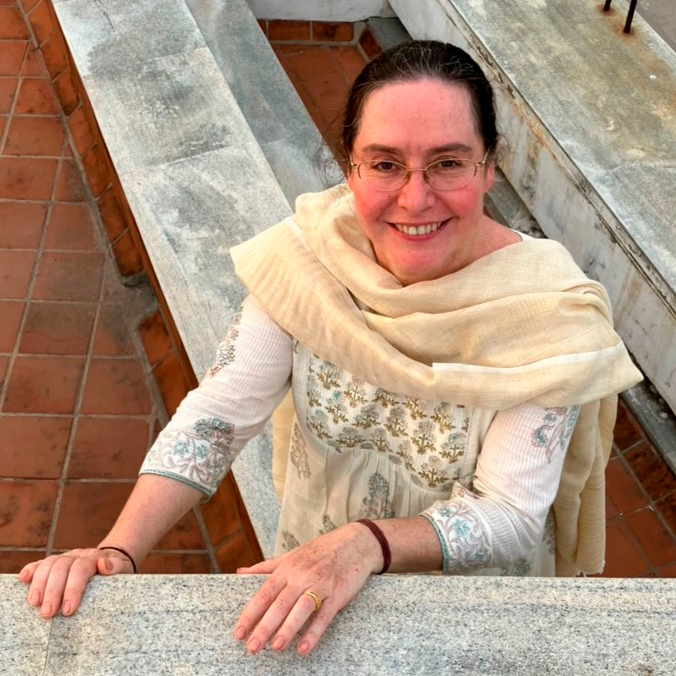Navigation auf uzh.ch
Navigation auf uzh.ch

Barbara Čurda is an anthropologist, presently working as a Marie Curie fellow on the MSCA-IF-GF project GATRODI[1] (Gender asymmetry in the transmission of Odissi dance in India – a case study), funded by the European Commission as a partnership between the French University Clermont Auvergne (UCA) and the French Institute of Pondicherry (IFP) in India. The project examines the inequalities in the transmission of know-how in the practices of Odissi dance in India, with a focus on gender related issues. In this connection, Barbara is currently a visiting fellow at the ISEK - Department of Social Anthropology and Cultural Studies at the University of Zürich, where she is putting her work into perspective with that of researchers of the institute, notably at the chair of Professor Johannes Quack.
Barbara completed her PhD in 2013 at the University Blaise Pascal (Clermont-Ferrand, France) with an ethnographic analysis of the social dynamics among Odissi dance practitioners in the Indian State of Odisha in the early 2000s. She has been teaching general anthropology as well as anthropology of dance, mainly at the University Clermont Auvergne in France, but also at the University of Vienna in Austria. Initially, she trained as an Odissi dancer.
Her research interests comprise gender, corporeal practices, dance, the related question of heritage, and the intersections of the question of knowing or know-how with inequalities. She investigates with a variety of methods, including classic ethnographic methods, but also analysis of audiovisual data.
Link to HAL page listing her scientific production: https://cv.hal.science/barbara-curda

[1] This project has received funding from the European Union’s Horizon 2020 research and innovation programme under the Marie Skłodowska-Curie grant agreement No 101033051.